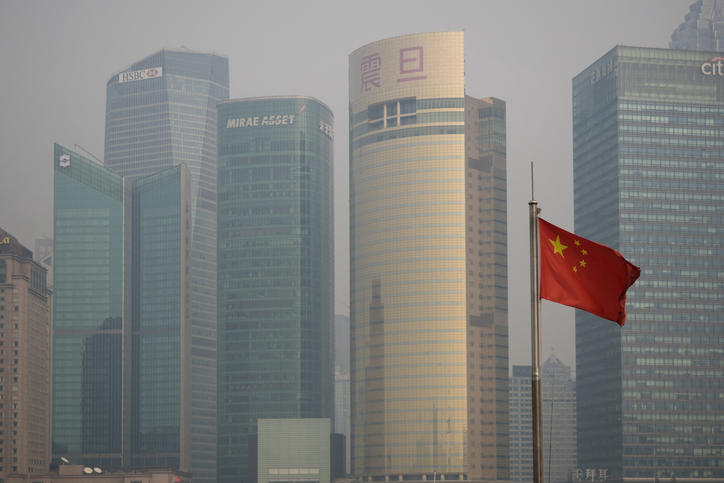Nineteen-year-old Hwang was watching news of Georgia protests when the broadcast shifted to South Korea: President Yoon Suk Yeol had declared martial law.
“I couldn’t believe it,” said Hwang, now among thousands protesting outside the National Assembly.
On Tuesday night, Yoon cited “anti-state forces” as justification for martial law, triggering chaos. Within six hours, lawmakers unanimously overturned the order, forcing Yoon to rescind it.
The military had tried to block parliamentary action, but protesters and lawmakers defied them. Images of MPs climbing fences and barricading assembly entrances underscored the tense standoff.
“This was a regression of history,” said Ahn Gwi-ryeong, an opposition spokesperson who confronted soldiers at gunpoint.
By dawn, schools and businesses reopened, but calls for Yoon’s resignation mounted. Opposition parties filed impeachment proceedings against the embattled leader, already dogged by scandals and plummeting approval ratings.
“We are a strong democracy,” said opposition politician Yang Bu-nam. “But President Yoon must go.”
The crisis has left scars on South Korea’s democracy, but also showcased its resilience in the face of authoritarian threats.
Related Readings:


![]()
